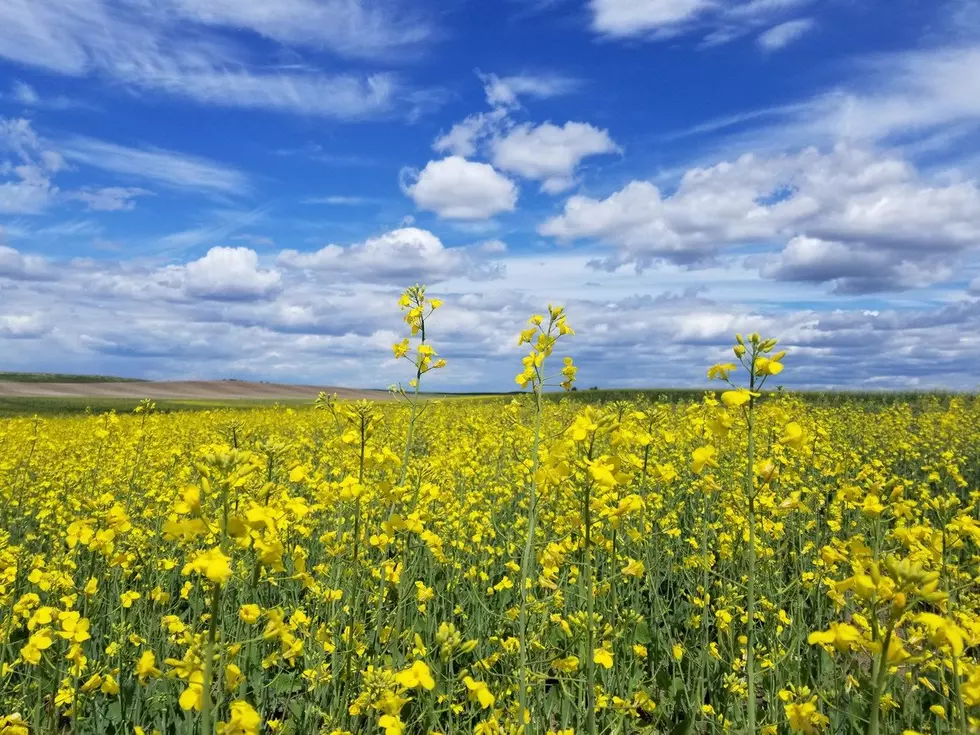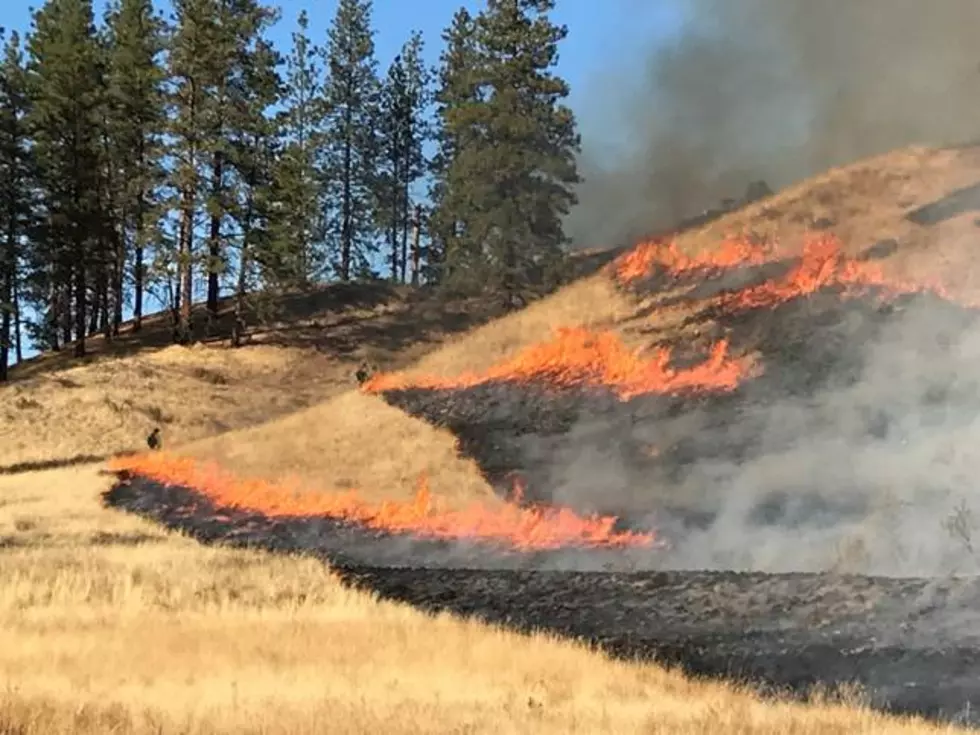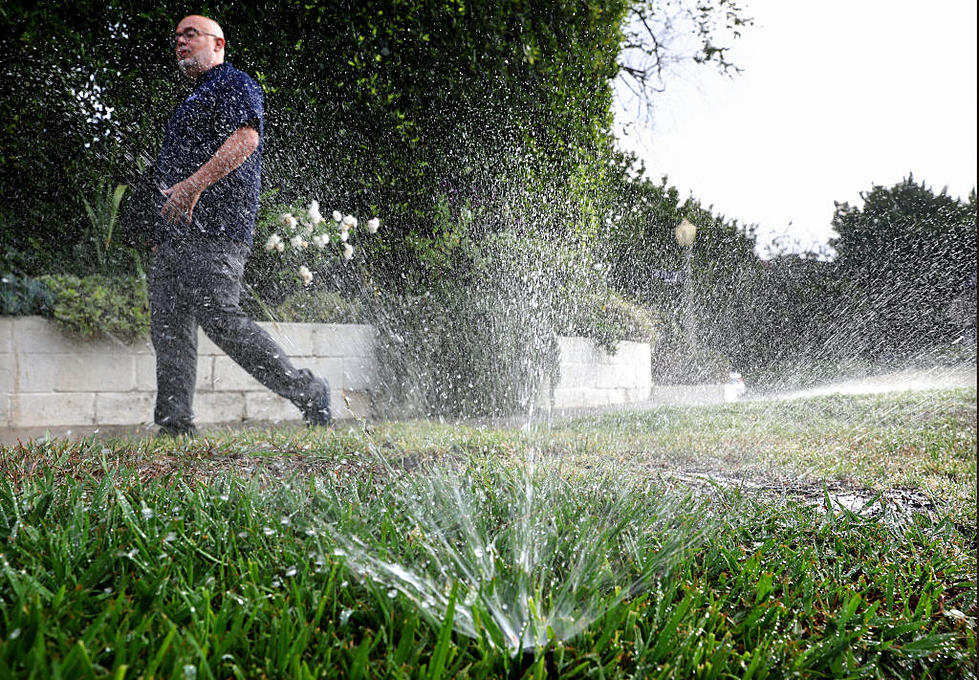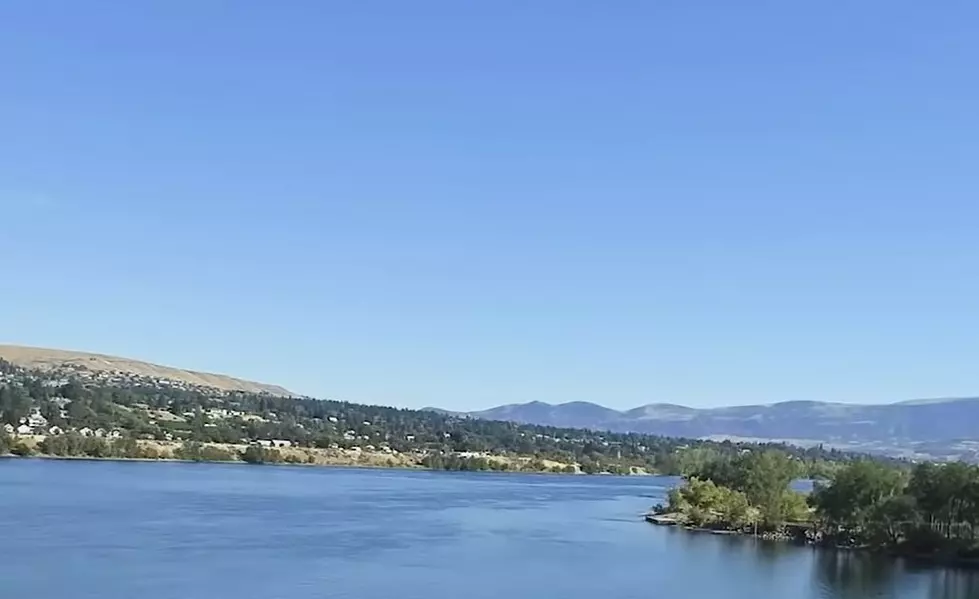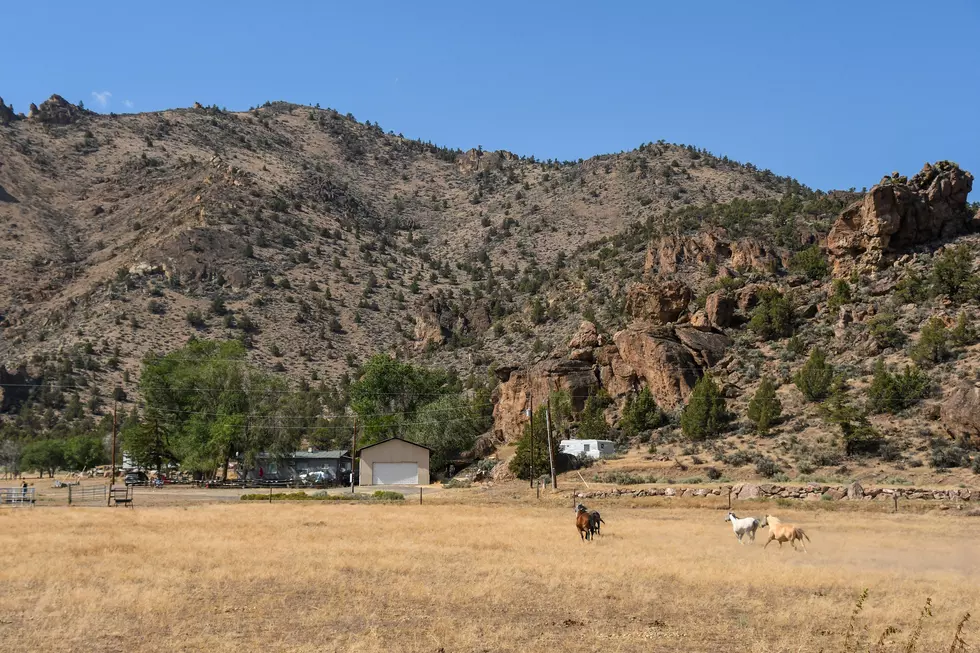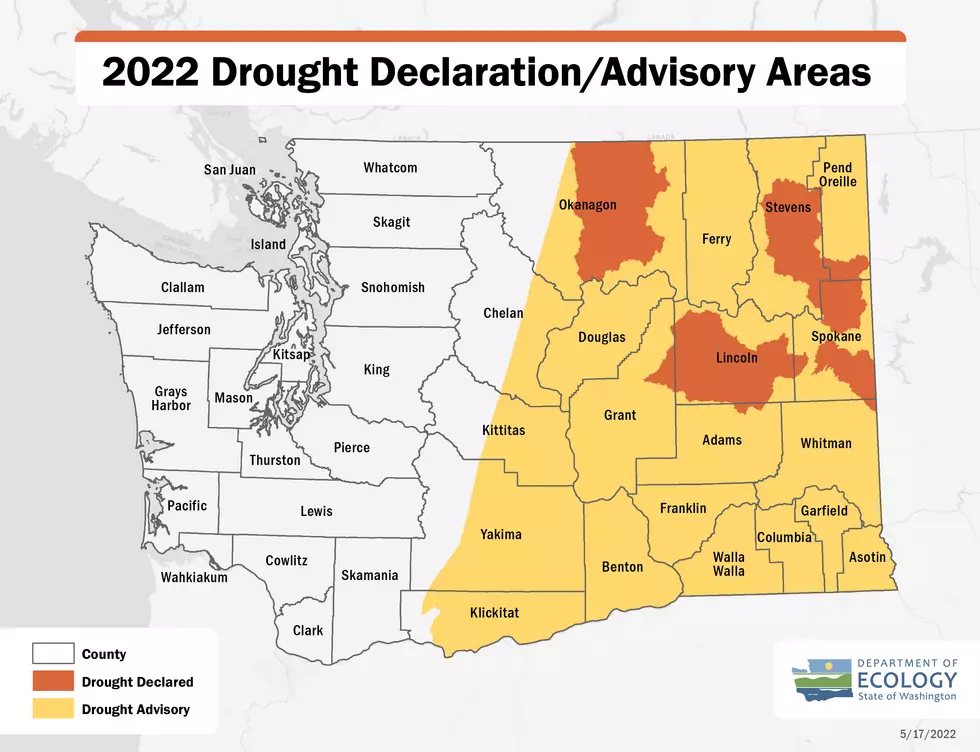
Despite Recent Showers Portions Of Eastern Washington Remain Dry
The Department of Ecology says a cool and wet spring brought relief to much of Washington following the drought of 2021, but in a few parts of eastern Washington, the drought lingers. Because of that , the Washington Department of Ecology has issued an amended drought declaration for watersheds in eight eastern Washington counties that will go into effect June 1st. Under the amended declaration, five watersheds spanning parts of Spokane, Lincoln, Grant, Adams, Whitman, Stevens, Okanogan and Pend Oreille counties will remain in “drought emergency” status. All other counties east of the Cascade Mountains will be downgraded to “drought advisory” status. Counties west of the Cascade Mountains no longer fall under drought conditions.
According to Ecology, the spring of 2021 was the second-driest on record, and then an unprecedented late-June heatwave smashed temperature records across the state. In response, Ecology issued an emergency drought declaration in July 2021 covering 96% of the state. Only Seattle, Everett and Tacoma, cities with ample water storage, escaped the designation.
That declaration was set to expire June 1st, 2022. Ecology’s new amended declaration extends that to June 1st, 2023, but only for about 9% of the state.
According to state law, a drought can be declared when the water supply in an area is below 75% of normal and there is an expectation of undue hardship. The areas still under an emergency drought declaration simply haven’t gotten enough precipitation to recover from last year’s hardships, said Ecology drought coordinator Jeff Marti.
“2021 saw extreme temperatures and near record-low precipitation across much of the state,” Marti said. “In 2022, conditions have been much more normal, but we’re still trying to make up a deficit in some places. Extending the drought declaration for these areas will give us more tools to manage water supplies and respond to changing conditions.”
Impacts from last year’s drought that are expected to continue through this summer include low soil moisture, dried-out ponds, earlier-than-normal curtailments for irrigators in Colville, the Little Spokane River and Hangman Creek, and low reservoir storage in Okanogan County. Declaring a drought emergency allows Ecology to process emergency water rights permits and expedite requests for emergency water right transfers. Irrigators affected by drought may qualify for emergency water right permits or expedited water right transfers. They might also be able to locate and lease a water right from a nearby or upstream water right holder.
If you have a story idea for the PNW Ag Network, call (509) 547-1618, or e-mail gvaagen@cherrycreekmedia.com
More From PNW Ag Network


